The experience of homelessness for Indigenous Peoples is widespread across Canada. Indigenous Peoples living in urban cities are disproportionately affected by the housing crisis compared to non-Indigenous Canadians. In major urban cities, Indigenous Peoples make up to 20-50 per cent of the homeless population, while in Calgary they make up about three per cent of the overall population.
Often, Indigenous Peoples experiencing homelessness are viewed through a deficit-based lens, which contributes to further stigmatization and marginalization. Some misconceptions exist that portray Indigenous Peoples experiencing homelessness as “lazy” and “unwilling to get a job.” These misconceptions alienate and stem from a place of shame.
Sarah’s story reflects how misconceptions create a sense of displacement for Indigenous Peoples in urban areas. Nevertheless, Indigenous Peoples experiencing homelessness are more than capable of leading healthy and independent lives for themselves and their families. Sarah, an Indigenous mother who has accessed shelter support from The Inn, says, “being homeless shouldn’t be a bad stereotype but rather a reality that could happen to anyone.”
Sarah left her Indigenous community and relocated to Calgary at a young age. Since moving here, she has experienced homelessness on and off. Sarah and her family have accessed support from The Inn numerous times. She believes “asking for help shouldn’t be a shameful thing to do.” In fact, The Inn’s shelter support for Sarah and her family has alleviated some stress and has kept her family together.
Last year, Sarah went through a traumatic event which affected her mental health, ultimately impacting her family’s housing situation and leaving them with no choice but to reach out to The Inn for support. Sarah, along with her partner, are hardworking parents who provide for their children as well as live an alcohol and drug free lifestyle. They have encountered barriers to housing due to racism as a result of their Indigenous background. Sarah recalls a landlord outwardly denying them and stating, “I don’t rent to Native people.” Another incident she recalls is when a landlord assumed they were on social assistance. “They didn’t wait for me to finish answering their inquiry about our income . . . they assumed we were on social assistance and not working . . . we’re both employed,” she delineates.
Prior to Sarah starting an Indigenous apprenticeship, she was a stay-at-home mom for many years. She is now working in the apprentice field. “Being able to financially provide for my children means a lot . . . I was able to take them out for laser tag and they had fun,” she tells.
Sarah’s experience with the traumatic event reconnected her to her Indigenous Way of Life. Through this reconnection, she now recognizes the importance of cultural connection and its impact on future generations. During her stay at The Inn, staff provided her family with a smudging bundle, keeping her connection to prayer. For Indigenous families like Sarah’s, The Inn provides opportunities for connection to culture.
One teaching from her grandfather that has guided her in life and that she wishes to relay is, “good things come when you work and wait for results . . . the teaching of patience.”




















